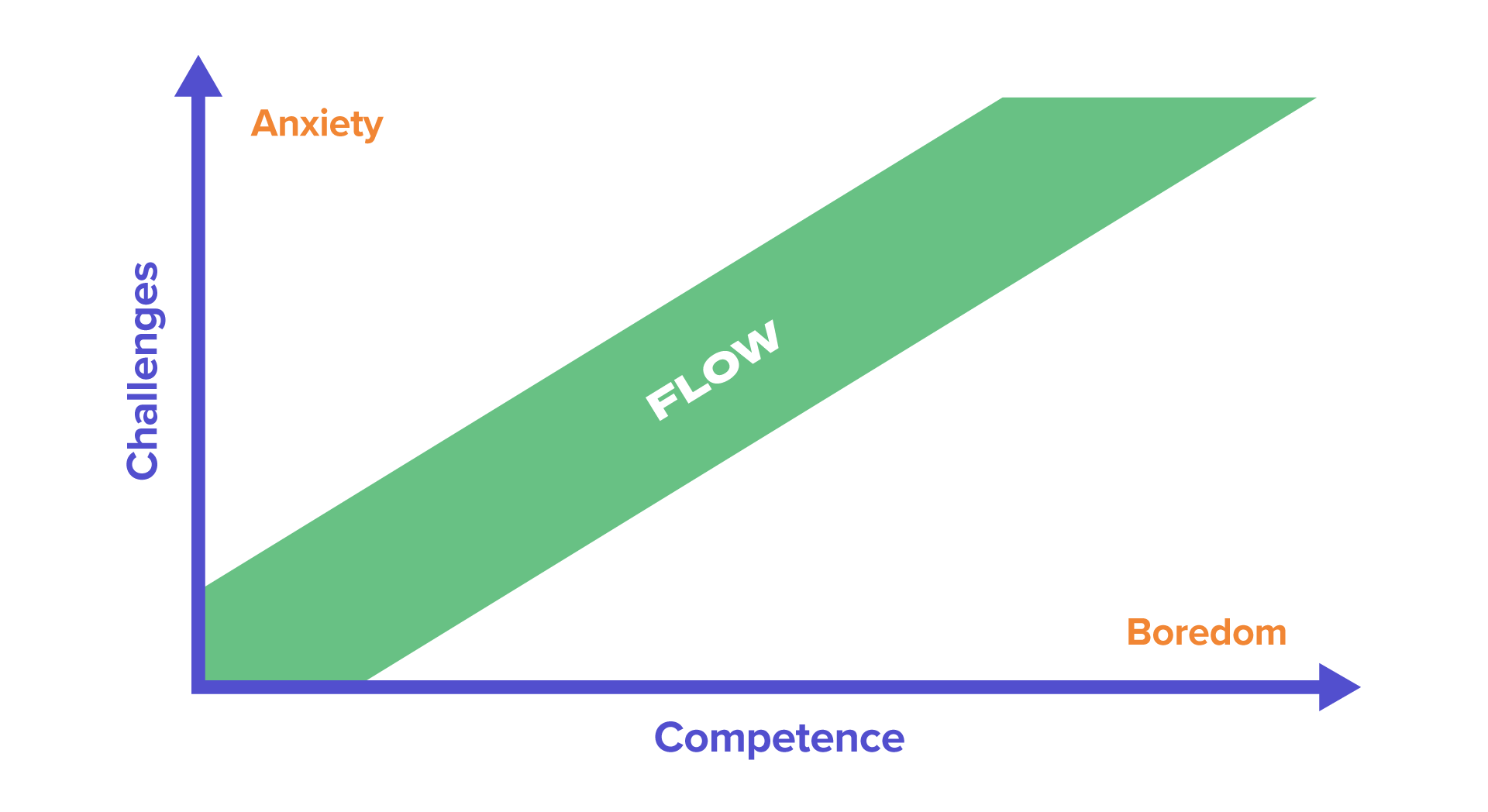PPPM spells happiness.
According to a recent course at University of Texas, happiness (Pleasure, Positivity, Purpose and Meaning) leads to success in the workplace.
An esoteric concept? Not at all, but one to easily diminish if you don’t care about your people.
Remember, how you treat your people tells everything about you. I am not talking about avoiding negativity at all costs, and pretending to be happy (NOTE: high performing teams can’t carry passengers). Happiness leads to success, not the other way around.
It’s about being optimistic and resilient and employees are as responsible as employers to achieve workplace happiness. Attitude becomes a more important attribute than skill.
So what does the science say?
- Happier people are physically healthier so they take less sick leave (16 days less).
- Retention improves dramatically.
- Happier people are also more collegial, so they are better team players.
- Happier people are also more creative and make better or more objective decisions.
- Organisations with happier employees are more productive and profitable (outperformed S&P top 500 14 times).
This is why investing in employee happiness is a very smart thing to do.
To start with, it would be useful for organisations to gain an understanding of the five main determinants of employee happiness:
- Basic needs
- Autonomy
- Mastery
- Belonging
- Abundance culture
The issue is balance, all are important and people perform best when they are in a ‘flow state’ (their competence is matched to their challenges).

Simple things employers can do:
- Create equality among employees
- Treat external stakeholders (particularly suppliers) well
- Hire based on values
- Make mastery part of performance review
- Give $200 to employees to personalise their workspace
- Make employees take their leave
- Reduce FaceTime at work
- Reduce excessive rules
Simple things employees can do:
- Make an effort to stay well (healthy lifestyle)
- Express gratitude
- Seek happiness outside of work
- Don’t do work when on leave
- Use most productive time to be creative
- Maintain a desire for learning (mastery)
In conclusion, a word of caution… you’ll be happier at work and hence, more successful. This is good, but if you’re not careful, the success can actually sabotage your happiness. Wealth in particular seems to be especially potent at relationship spoiling. Studies show that the wealthier we become, the less we prioritise our relationships over things like making money and being even more successful.